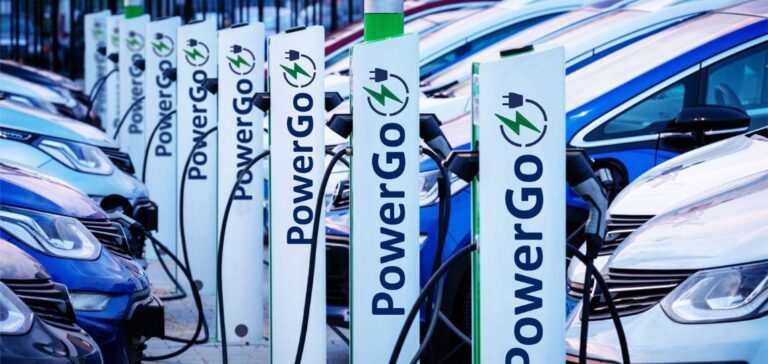PowerField, Dutch developer and owner of solar parks and energy storage systems, announces the commissioning of a 52 MWh storage system in Wanneperveen. This initiative marks the launch of PowerField Energy, a unit dedicated to managing the supply and sale of solar energy.
PowerField aims to integrate over 1 GWp of solar farms and 2 GWh of storage systems by 2028. Their subsidiary PowerGo specializes in fast-charging stations for electric vehicles, powered by solar energy generated by PowerField.
Energy Flow Optimization
PowerField Energy supplies, sells and trades the solar energy generated, ensuring stability in the electricity grid. Jean-Louis Bertholet, CEO of PowerField, stresses the importance of optimizing energy flows by combining production, storage and management under their own administration.
Pioneer Projects and Partnerships
The Wanneperveen site, with its 28 MWp solar park and 52 MWh storage system, is the largest of its kind in the Netherlands. In addition to Wanneperveen, PowerField is developing a 12 MWh battery project in Emmen. A contract with Enexis Netbeheer gives PowerField flexible access to the electricity grid, using storage capacity when the grid is saturated and freeing up space for other projects.
New regulations
From January 1, 2025, the Dutch government will introduce new regulations to encourage solar projects with energy storage. PowerField is anticipating this trend with its battery and storage system projects, illustrated by the Wanneperveen site.
Access to the European market
PowerField Energy makes solar energy available on the European market, powering PowerGo charging stations and offering energy to large consumers via Guarantee of Origin (GoO) certificates and Power Purchase Agreements (PPA). Jean-Louis Bertholet points out that these initiatives are crucial steps towards the realization of a virtual power plant, aimed at sustainable and balanced commercialization of their energy production.





















